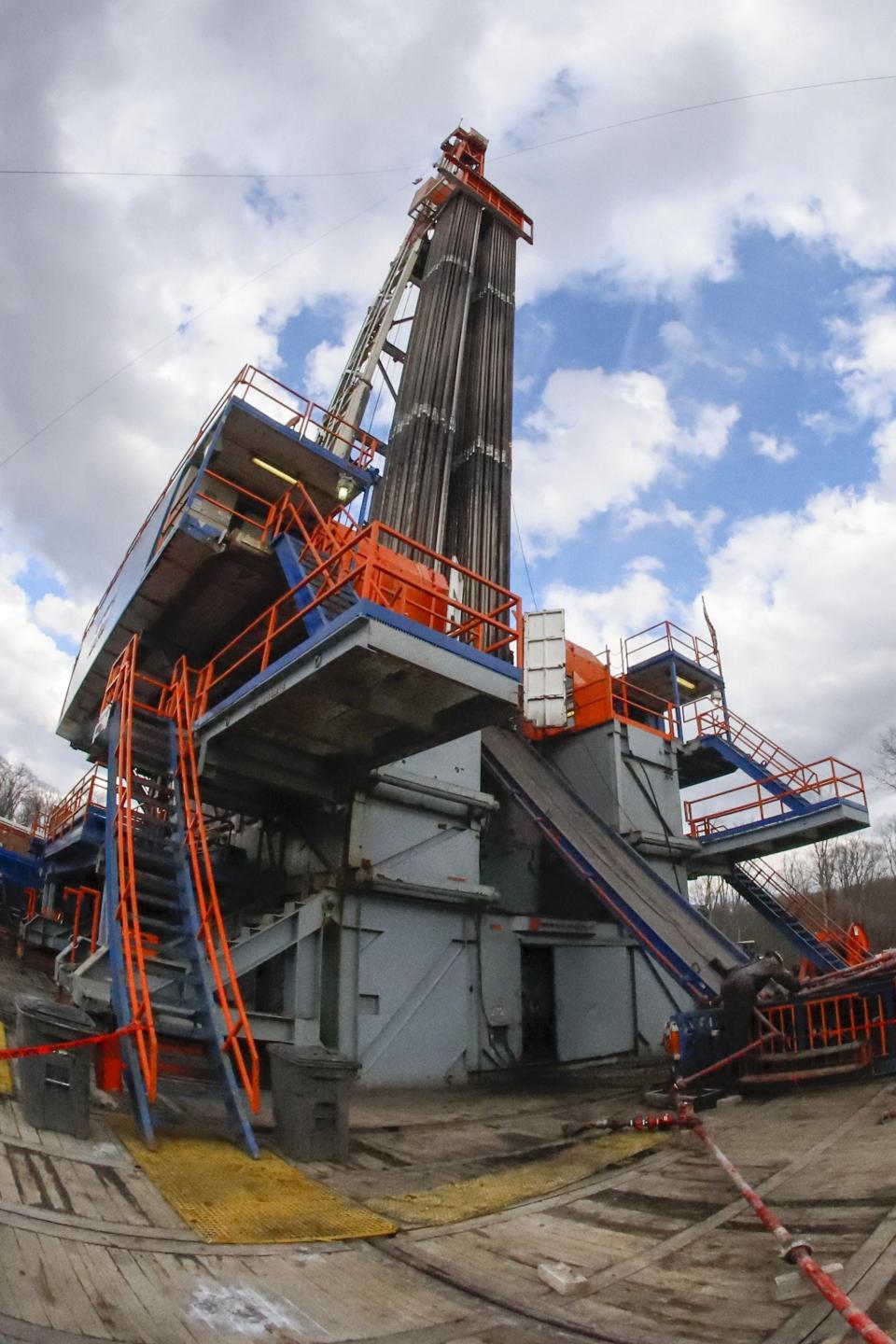Forestall or foresee: The energy transition and the Pennsylvania legislature
A recent report in the Williamsport Sun-Gazette on a meeting between its editorial board and state Sen. Gene Yaw (R-23), chairman of the Pennsylvania Senate's Natural Resources and Energy Committee, left no doubt about Yaw's position on the energy transition underway in our nation and the world. That's bad news for most Pennsylvanians.
In discussing the late December winter storm that nearly led to rolling blackouts in the mid-Atlantic region of 65 million people, Yaw suggested that increasing amounts of renewable energy were to blame for the near-miss and condemned neighboring states for adopting policies that "emphasize solar and wind power over natural gas."

In fact, it was mostly gas that failed during the storm. The real threat to Pennsylvanians, in my view, is the failure of Yaw and other state policymakers to plan for the ongoing transition to renewables.
To make sense of what happened it is important to understand that electricity transmission in Pennsylvania and the mid-Atlantic region is run by Valley Forge-based PJM Interconnection. PJM's job is to balance the grid's demand and supply, while, in their words, focusing on keeping the lights on, buying and selling power via wholesale electricity markets, and planning for the future needs of the electric grid. Despite increasing challenges, it is a job they do well.
In the case of the Christmas weekend storm, PJM reported that 23.2% of the power generation fleet in its 13-state region went offline unexpectedly on Dec. 24. A PJM website pie chart reveals gas-fired generation accounted for 70.67% of the outages, coal power 16.46%, and all others — nuclear, hydro, biomass, wind and solar — combined for 12.88%.
Chairman Yaw's focus on renewables after a massive failure in gas generation is deeply flawed. The growth of wind and solar makes PJM's job more complicated, but not unmanageable. PJM understands extreme weather events can affect any type of electrical power production. They understand the intermittency of wind and solar and prepare for it, as the Federal Energy Regulatory Commission (FERC) insists.
The shift to increased dependence on renewables will require innovation in grid operations. PJM runs the system by calling on privately owned power plants to generate electricity as demand rises. The electricity is then carried over privately owned transmission lines to local distribution grids designed and mostly built over the 20th century, and constantly in need of major investment either for continuing old ways or enabling the new. One way to combat sudden drops in expected power sources is asking willing customers to temporarily use less electricity and lower overall demand enough to avoid the harm and expense of massive power outages. This strategy, combined with halting the sale of power to a neighboring grid, saved the day in December.
As neighboring states like New Jersey and others in the PJM grid and the nation are moving forward with decarbonization and electrification, Yaw would like to see exports to other states and nations grow. Pennsylvanians have the right to ask how this benefits us.
Despite increasing gas production during Yaw's eleven years as chairman, there is still no reasonable extraction tax in Pennsylvania. This is not the case in all other major gas-producing states. Instead, Pennsylvanians see burgeoning environmental law violations, billions in tax subsidies for fossil fuels, avoidable intrusions on neighboring property rights and values, along with the uncontrollable cost volatility that comes with relying on an internationally traded commodity for so much of our energy needs. All this at a time when forming a plan to optimize the coming renewable energy economy is critical. The time for laying necessary groundwork for managing the eventual decline of gas production is here. Pennsylvania needs a plan in place to engender prosperity for affected families and communities.
Following the meeting with Sen. Yaw, the Williamsport Sun-Gazette ran an editorial against moving too fast on renewable energy, decrying "fears rooted in alarmism." Many of their readers may agree with that view. But most Pennsylvanians clearly do not.
Chairman Yaw can choose to forestall the energy transition in many ways. Those who foresee the misery and expense of failing to address human-caused climate change, and the advantages of focusing on building a renewable energy economy, may want to communicate their concerns and aspirations to him. He certainly hears plenty from the gas industry.
Ralph Kisberg is a Williamsport native and founding member of RDA, the Responsible Drilling Alliance, a Lycoming County based 501(c)(3) nonprofit education and advocacy coalition. He has worked in both the oil and gas and renewable energy industries.
This article originally appeared on Erie Times-News: PA must plan for the decline of natural gas production

